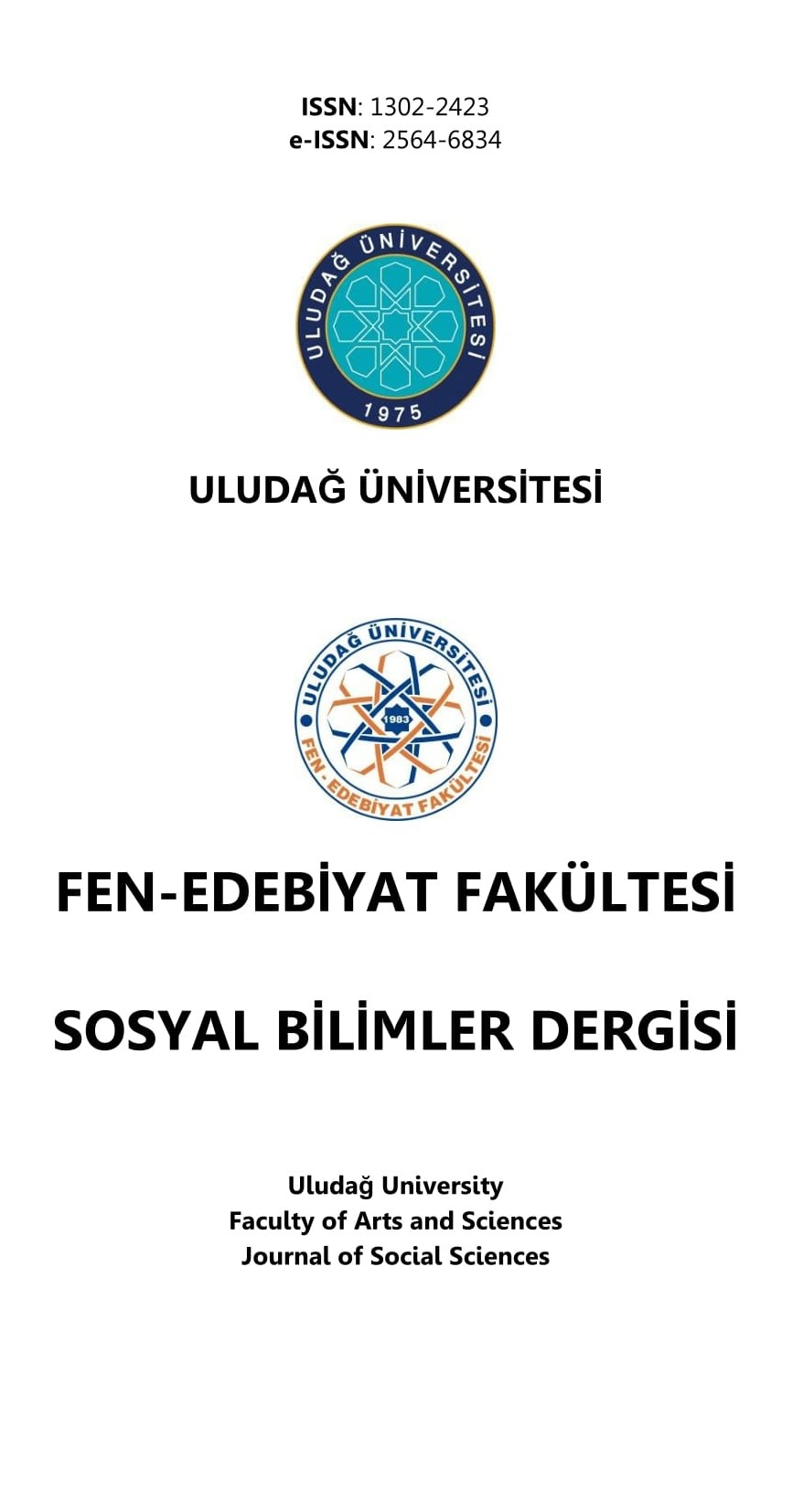BYZANTINE-OTTOMAN RELATIONS IN EARLY 1420’S
Until up to the Ottoman defeat in 1402 at the Battle of Ankara, the course of the relationships between the Byzantium and Ottoman Empire was defined by the expansionist policies of Ottomans against the Byzantium. During the reign of Beyazıd I, the attempts for transforming the Ottoman state into a centralized empire covering the Balkans had to be postponed until to the reign of Murad II. The policies pursued after the Interregnum period had also important impacts on the ways of relationships between Byzantium who was now confined within the city walls of İstanbul and Ottomans who were trying to recover. The early 1420’s was the beginning of a new era for the Byzantines. Emperor Manuel Palaiologos II who had managed to keep the state alive through his rational politics which gave direction to the Ottoman-Byzantine relations for three decades died in 1425 after a long period of illness. Ottoman Empire also entered a new period with the ascension of Murat II to the throne in 1422. Therefore, it can be said that the first years of the 1420’s was a turning point for both Ottomans and Byzantine Empire and the ways of their relationships. This article examines these changing relationships between the Byzantine and Ottoman Empire and the new balance of politics emerged after the Battle of Ankara primarily based on the contemporary sources of this period.
Anahtar Kelimeler:
Byzantine-Ottoman Relations, Byzantine, Ottoman, Manuel II Palaiologos, Bayezid I, Mehmed I, Murad II
1420'li Yılların Başlarında Bizans-Osmanlı İlişkileri
Bizans-Osmanlı ilişkilerinin seyri, Osmanlıların 28 Temmuz 1402'deki Ankara yenilgisine kadar Bizans aleyhine genişleme siyasetiyle belirlendi. I. Bayezid döneminde, Balkanları da içine alan merkezileşen bir imparatorluğa dönüşme çabaları, II. Murad döneminde yeniden canlanıncaya kadar ertelenmek zorunda kaldı. Fetret Devri'nden sonra izlenen siyaset, İstanbul'a sıkışmış Bizans ile toparlanmaya çalışan Osmanlıların ilişki biçimine de yansıdı. 1420'li yılların başları, Bizanslılar açısından yeni bir dönemin de başlangıcıydı. Son otuz yıl boyunca, Bizans-Osmanlı ilişkilerine yön veren çalışan akılcı siyasetiyle devletini ayakta tutmayı başaran II. Manuel Palaiologos, 1425'te uzun bir hastalık döneminden sonra öldü. Osmanlı Devleti ise, I. Mehmed döneminde toparlanan devleti, 1422'de tahta geçen II. Murad ile birlikte yeni bir döneme girdi. Dolayısıyla her iki devlet ve ilişkilerinin seyri bakımından 1420'lerin ilk yarısının kırılma dönemi olduğu söylenebilir. Bu makalede, Bizans-Osmanlı ilişkilerinin Ankara Savaşı'ndan sonra oluşan yeni dengeleri ve 1420'lerin ilk yıllarındaki yeni siyasetler, dönemin muasır kaynaklarına dayanarak tahlil edilmektedir.
Keywords:
Bizans-Osmanı İlişkileri, Osmanlı, Bizans, II. Manuel Palaiologos, I. Bayezid, I. Mehmed, II. Murad,
___
- Barker, John W. Manuel II Palaeologus (1391–1425), A Study in Late Byzantine Statesmanship, New Brunswick: Rutgers University Press, 1969.
- Başlangıç: 1999
- Yayıncı: Bursa Uludağ Üniversitesi
